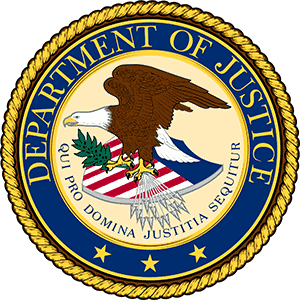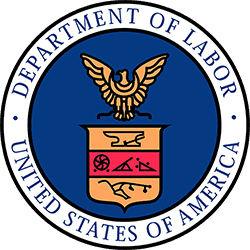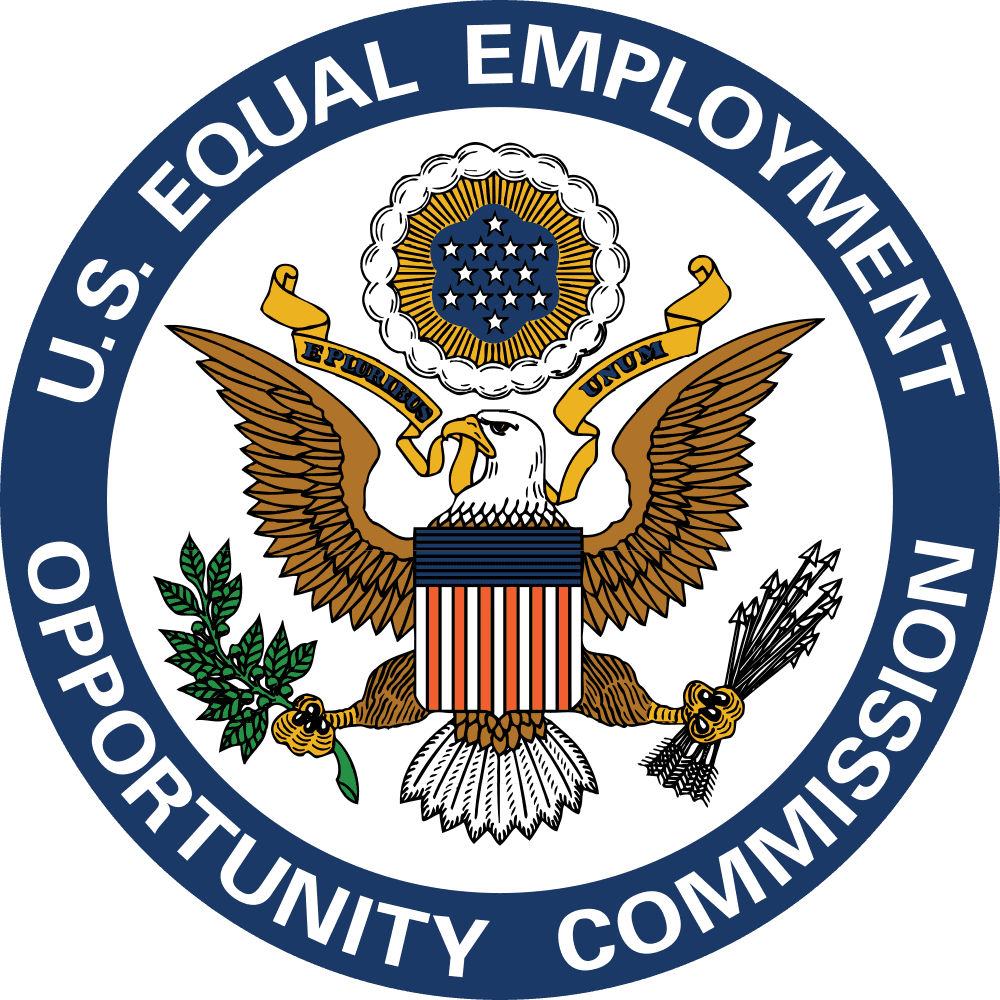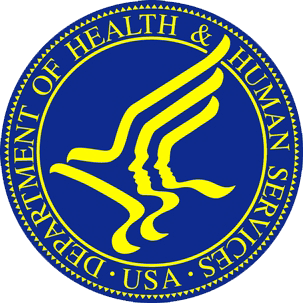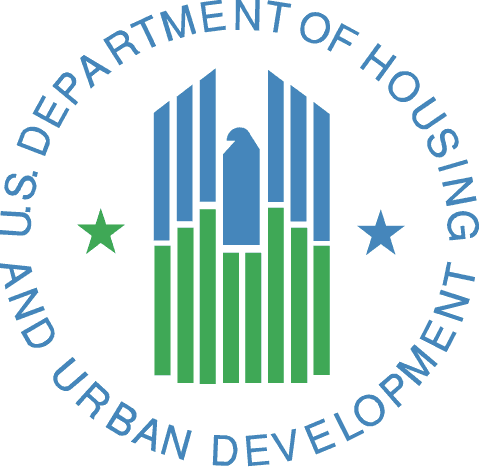Activities Combating HIV Stigma and Discrimination
Topics
Ending Stigma and Discrimination Against People Living with HIV
In addition to the serious health issues they face, people living with HIV may often experience stigma and discrimination because of their HIV status. Stigma is an attitude of disapproval and discontent towards an individual or group from other individuals or institutions because of the presence of an attribute perceived as undesirable. Discrimination is often a consequence of stigma, occurring when unfair actions are taken against individuals on the basis of their belonging to a particular stigmatized group.
Stigma and Discrimination: Complex Barriers to Health Care
HIV stigma and discrimination can pose complex barriers to prevention, testing, treatment, and support for people living with or at risk for HIV. Some examples of stigma include being shunned by family, peers, and the wider community; receiving poor treatment in health care and education settings; and experiencing judgmental attitudes, insults, or harassment. Some individuals with HIV have been denied or lost employment, housing, and other services; prevented from receiving health care; denied access to educational and training programs; and have been victims of violence and hate crimes. HIV-related stigma and discrimination prevents individuals from learning their HIV status, disclosing their status even to family members and sexual partners, and/or accessing medical care and treatment, weakening their ability to protect themselves from getting or transmitting HIV, and to stay healthy. HIV-related stigma is made more complicated when individuals also experience stigma related to substance use, mental health, sexual orientation, gender identity, race/ethnicity, or sex work.
Legal Protections for People Living with HIV and AIDS
Numerous federal laws protect people living with HIV and AIDS from discrimination. For example, people living with HIV and AIDS are protected from discrimination under the Americans with Disabilities Act (ADA), a federal act that guarantees equal opportunities in employment, housing, public accommodations, telecommunications, and transportation, and also applies to all local and state government services. People living with HIV and AIDS are also guaranteed protections from housing discrimination under the federal Fair Housing Act (FHA) and are protected from being excluded from Federally-funded programs under Section 504 of the Rehabilitation Act of 1973. Further, under the Affordable Care Act, people with pre-existing health conditions, including HIV, can no longer be dropped from, denied, or charged more for health care coverage, and under the Health Insurance Portability and Accountability Act of 1996 (HIPAA), the privacy and security of individuals’ medical records and other health information maintained by HHS-funded programs and services is protected.
Envisioning a Future Free from HIV-related Stigma and Discrimination
The National HIV/AIDS Strategy: Updated to 2020 calls for a reduction in stigma and elimination of discrimination associated with HIV status and commits to developing an indicator to measure HIV stigma and track progress toward that target. The Strategy identifies several HIV stigma reduction steps, including mobilizing communities to reduce HIV-related stigma; strengthening the enforcement of civil rights laws; assisting states in protecting people with HIV from violence, retaliation and discrimination associated with HIV status; and promoting the public leadership of people living with HIV. These actions will help achieve the Strategy’s vision, that “The United States will become a place where new HIV infections are rare and when they do occur, every person regardless of age, gender, race/ethnicity, sexual orientation, gender identity or socio-economic circumstance, will have unfettered access to high quality, life-extending care, free from stigma and discrimination.”
Across the federal government, multiple agencies play a role in enforcing federal civil rights protections, providing technical assistance for carrying out the mandates of the ADA and other laws, and developing and disseminating information about civil rights and protections. While some Departments have authority to enforce these protections, nearly all have the ability to disseminate relevant information about protecting the rights of persons living with HIV and to take steps to confront and reduce HIV-related stigma.
Scroll down to read about each agency or office’s activities combating HIV stigma and discrimination.

